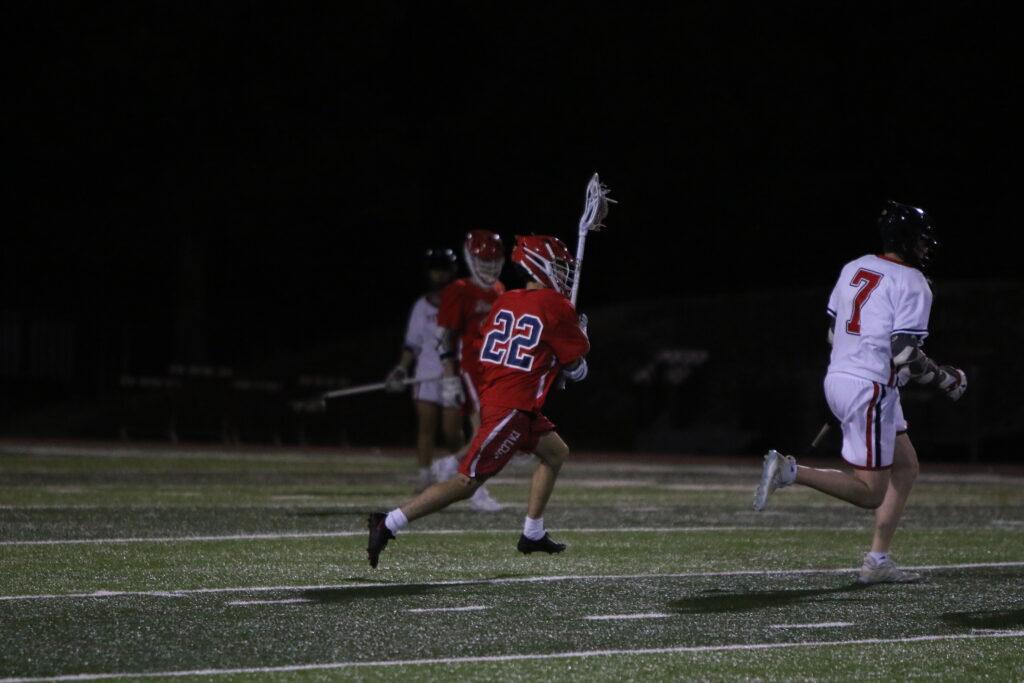Sophomore Parth Dholakia was only 5 when he finished his first ice skating lesson at Logitech Ice Arena in San Jose. After stumbling off the ice and unlacing his skates, Dholakia saw the hockey players entering the rink with their large gear and formidable equipment. At that moment, Dholakia knew exactly what sport he wanted to play. He was impressed to say the least and made the decision to become a hockey player himself.
Ten years later, and Dholakia is part of the San Jose Junior Sharks Midget 16 AA team. For the past two years, Dholakia has also been part of the Independent Study P.E. program (ISPE). Hockey requires him to spend at least 12 to 15 hours every week practicing his sport at the Logitech Ice rink, leading to some academic disadvantages somewhat offset by ISPE.
“I think the ISPE program is great,” said Dholakia. “I get a free period to myself, which allows me time to work on most of my homework. It’s sometimes hard to keep up with it, because of my hours at hockey.”
Frequently, Dholakia and his team will be gone the entire weekend for tournaments, sometimes forcing him to miss several days of school. He said that it is sometimes hard for him to get back on track because it gives him little time to finish his homework. So, to alleviate the stress, he has found successful methods of managing his time.
“I don’t usually get distracted,” said Dholakia. “I work my hardest and my best in the time allotted to me, and then afterwards I have time for more social things.”
When Dholakia is able, he appreciates the time to be able to sit back and watch TV, play video games or go on Facebook. He feels that the ISPE program has allowed him to “have more free time.”
Despite the tough time constraints presented by competing in high-level athletics, Dholakia plans to continue playing hockey for the rest of his high school years as well as in college. He believes that the ISPE program is an “ideal choice for people who take part in competitive sports.”
“It gives a nice period of time to go home early, finish most homework and prepare for the upcoming practice,” said Dholakia.
Hockey is not just a commitment for Dholakia, though. Even through all of the hours spent on hockey, he never grows tired of it. He finds that hockey is everything he enjoys and would want in a sport.
“Hockey is the perfect sport for me,” said Dholakia. “For some reason, when I’m on the ice, I feel kind of free, like I don’t need to think about anything else but hockey. It helps clear up my mind from problems, so that I just focus on the game.”
Practices are usually two or three hours long, starting with typical warm-ups of laps and drills. Dholakia also appreciates the exercise he gets from the practice each week. He never believed that he would go so far with hockey, but has found it to be a sport that has far exceeded his expectations.
“My favorite part about hockey is most definitely the speed,” said Dholakia. “I can’t even explain the feeling when you are going faster than humanly possible on the ice. It makes me really appreciate all the time I have put into playing.”


























